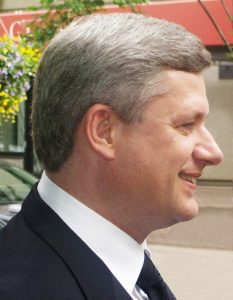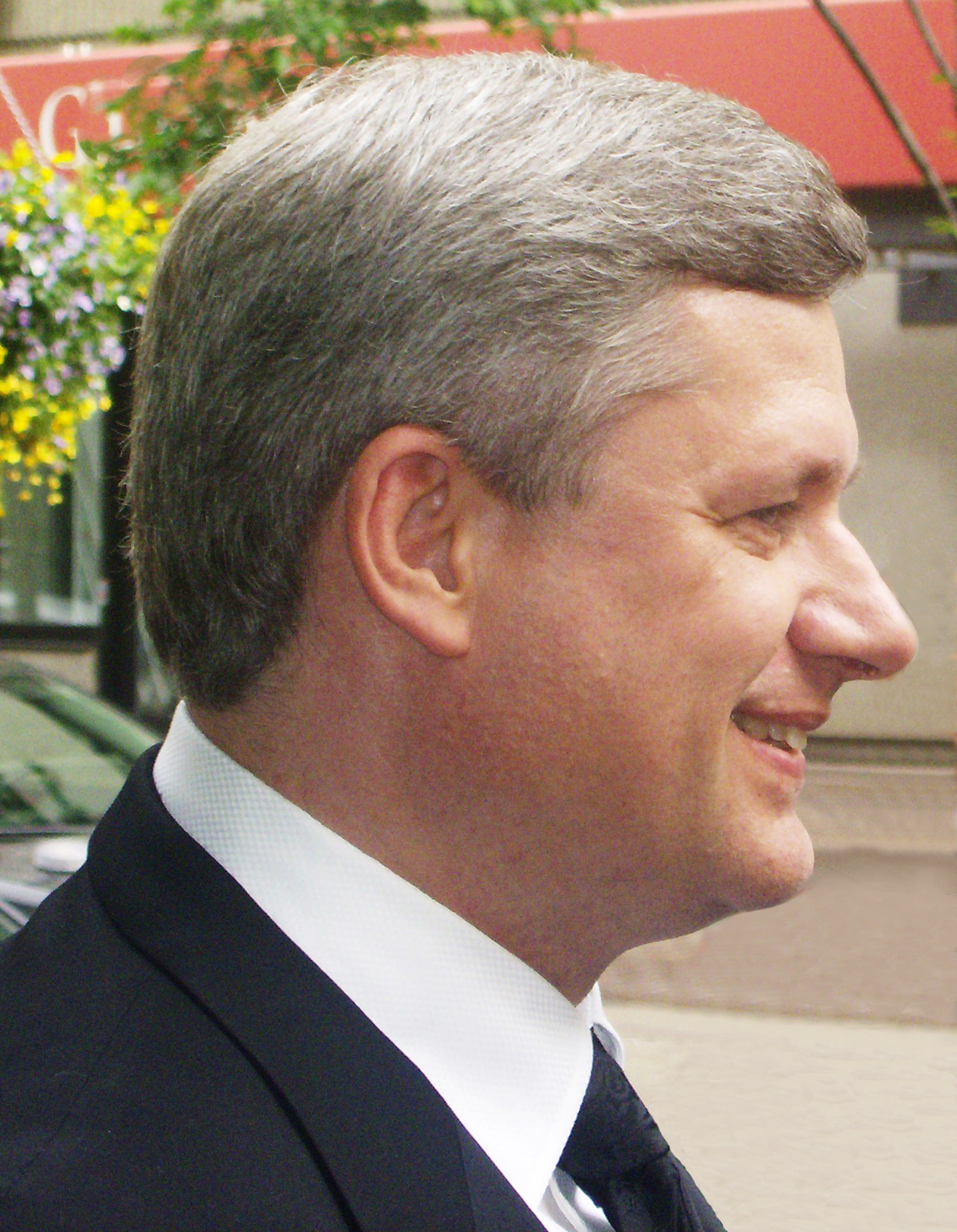By Sarah Kingston (Contributer) – Email
 Prime Minister Stephen Harper dissolved Parliament on March 26 after the Conservative government was declared in contempt of Parliament. This means that on May 2 Canada will undergo its fourth general election in seven years. As a result, almost 500 bills that were in front of the House of Commons and the Senate have been killed.
Prime Minister Stephen Harper dissolved Parliament on March 26 after the Conservative government was declared in contempt of Parliament. This means that on May 2 Canada will undergo its fourth general election in seven years. As a result, almost 500 bills that were in front of the House of Commons and the Senate have been killed.
These events were set in motion because the Conservative government tried to hide costs of the crime-fighting agenda and the cost of F-35 fighter jet purchases. This is the first time in Canadian history that a government has been found in contempt of Parliament. It is the sixth non-confidence vote in Canadian history and the second in less than ten years (Paul Martin, 2005).
According to an Ipsos Reid poll endorsed by Postmedia News and Global National, the Conservative party still has 43 per cent approval among decided voters, which puts them in the running for a majority government. Support for NDP was second but still significantly behind the Tories and the lack of Liberal support is fairly unprecedented; the poll found that almost half of Canadians believe that Ignatieff has a “hidden agenda.” Nationally, this poll has a margin of error of three percentage points, 19 times out of 20.
Elections Canada estimates the total cost of the 2008 General Election was $288.2 million, a cost that falls at the feet of Canadian taxpayers. If the Ispos Reid poll is correct and the Harper government maintains the support of Canadians, why are they forcing another election?
Government house leader John Baird told reporters, “What they aren’t telling Canadians is that this was an opposition stacked committee, who used the tyranny of the majority to get the predetermined outcome they wanted.”
The Liberal motion was passed with a vote of 156 to 145 on March 25. The Conservative party holds 143 seats in the House of Commons, the Liberals hold 77, the Bloc Quebecois, 47, the NDP holds 36 seats, there are two independent MPs and three vacant seats. Though the vote breakdown has not been released, one can assume that all Conservatives and the two independent MPs voted against the motion and the Liberals, NDP, and Bloc Quebecois voted in favor of it.
What is most disappointing is that it is clear that the Opposition voted within party lines and not necessarily in accordance with the beliefs of their constituents. The non-confidence motion stated: “That the House agrees with the finding of the Standing Committee on Procedure and House Affairs that the government is in contempt of Parliament, which is unprecedented in Canadian parliamentary history, and consequently, the House has lost confidence in the government.”
In a statement about the Next Phase of Canada’s Economic Action Plan released on March 22, Prime Minister Harper said, “It seeks to support growth, create jobs, and help those in need with affordable measures and to do all these things without raising taxes. Its contents not only reflected the wide input of Canadians, including the input of other political parties, it has the strong support of Canadians.” This budget was also collateral damage.
I have reviewed the 233 page proposed budget and some of the initiatives that have been rejected by the opposition, including initiatives that would directly affect students. $54 million was proposed over the next two years to double the in-study income exemption from $50 to $100 per week allowing full-time students to work more while they’re in school without affecting the status of their student loan. Another proposed initiative was Tax Relief to Certification Examinations, which would make examinations for the skilled trades non-taxable; this initiative alone would reduce save Canadian trades workers $5 million in 2011-12 and 2012-13 respectively.
Other initiatives include $98 million assigned to the cultural sector, including the Canada Periodical Fund, the Royal Conservatory of Music and CBC/ Radio-Canada. Also, $22 million would have been allocated over the next two years to help develop on-reserve essential community services for First Nations.
Putting aside whom I believe should be in office, as long as Prime Minister Harper maintains the support of Canadians this is a pointless, costly, progress-impeding election that has killed almost 500 bills that are likely be re-submitted like others that were cut in 2006 and 2008 from elections and in 2008 and 2009 from prorogations.
All government needs to be held accountable to its constituents; however, considering the continued support of Prime Minister Harper from Canadians the end of the 40th parliament is a frivolous attempt at change and a transparent endeavor to take down a minority government. If Canadians are not displeased with Prime Minister Harper’s time in office, it is possible that votes may swing to favor a majority government. As long as support for the Tory government continues the upcoming election will only be an additional unnecessary expense to the Canadian public.


